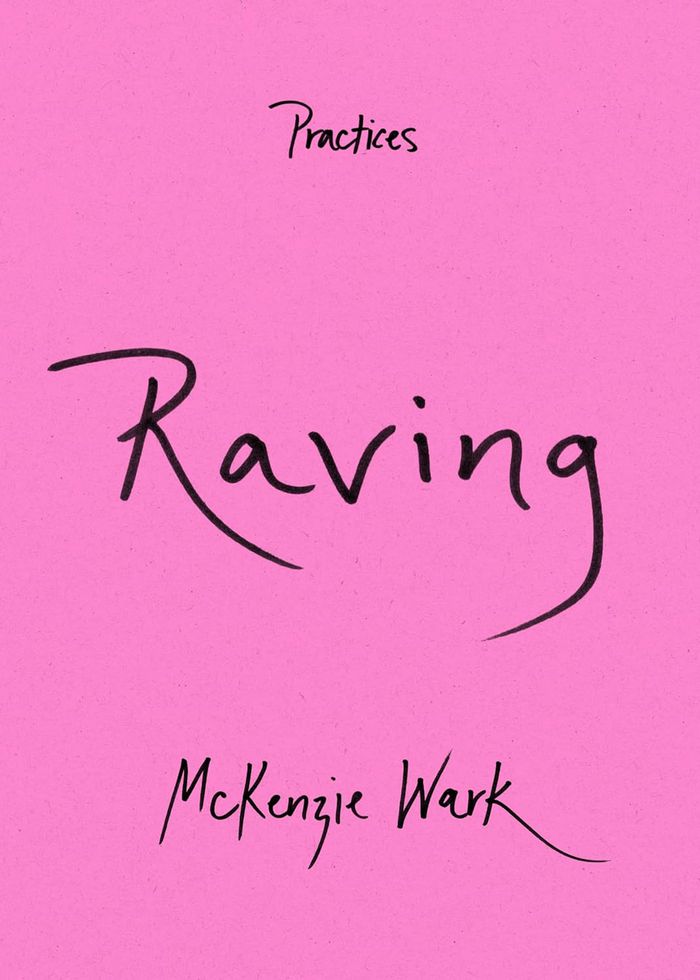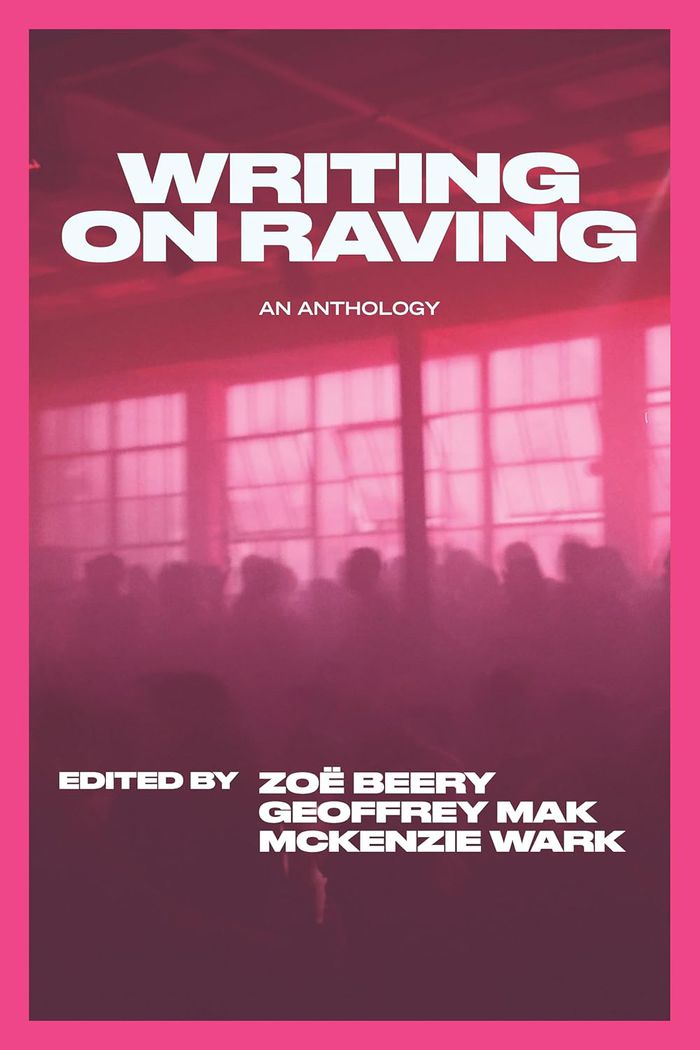Raving (Practices series)
$20.95
(disponible sur commande)
Résumé:
What is an art of life for what feels like the end of a world? In "Raving" McKenzie Wark takes readers into the undisclosed locations of New York's thriving underground queer and trans rave scene. Techno, first and always a Black music, invites fresh sonic and temporal possibilities for this era of diminishing futures. Raving to techno is an art and technique at which(...)
Raving (Practices series)
Actions:
Prix:
$20.95
(disponible sur commande)
Résumé:
What is an art of life for what feels like the end of a world? In "Raving" McKenzie Wark takes readers into the undisclosed locations of New York's thriving underground queer and trans rave scene. Techno, first and always a Black music, invites fresh sonic and temporal possibilities for this era of diminishing futures. Raving to techno is an art and technique at which queer and trans bodies might be particularly adept, but which is for anyone who lets the beat seduce them. Extending the rave's sensations, situations, fog, lasers, drugs, and pounding sound systems onto the page, Wark invokes a trans practice of raving as a timely aesthetic for dancing in the ruins of this collapsing capital.
Social
Writing on raving
$30.95
(disponible en magasin)
Résumé:
"Writing on Raving" is the definitive mix of voices from the Brooklyn underground rave scene and beyond, providing fresh language for the shared and infinitely varied experience of dancing through the night until the morning. New York rave culture is having a moment. The music, mostly, is techno, certain flavors of which became the soundtrack to a dancefloor culture that(...)
Writing on raving
Actions:
Prix:
$30.95
(disponible en magasin)
Résumé:
"Writing on Raving" is the definitive mix of voices from the Brooklyn underground rave scene and beyond, providing fresh language for the shared and infinitely varied experience of dancing through the night until the morning. New York rave culture is having a moment. The music, mostly, is techno, certain flavors of which became the soundtrack to a dancefloor culture that is queer in a different way to house music centered gay nightlife. Wark, Mak and Beery want to document and annotate and celebrate, but also critique, this world in the making. "Writing on raving" centers the New York scene, but isn’t limited to it. This is a book for all of those who need the rave. Who need to dance. Who have at some point needed that beat in their lives.
Social
$39.95
(disponible en magasin)
Résumé:
The Situationist International, which leaped to the fore during the Paris tumult of 1968, has extended its revolutionary influence right up to the present day. In "Leaving the Twentieth Century", the movement is captured for the first time in its full range and diversity. McKenzie Wark traces the group’s development from the bohemian Paris of the ’50s to the explosive(...)
Leaving the Twentieth Century: Situationist revolutions
Actions:
Prix:
$39.95
(disponible en magasin)
Résumé:
The Situationist International, which leaped to the fore during the Paris tumult of 1968, has extended its revolutionary influence right up to the present day. In "Leaving the Twentieth Century", the movement is captured for the first time in its full range and diversity. McKenzie Wark traces the group’s development from the bohemian Paris of the ’50s to the explosive days of May ’68. She introduces the group as an ensemble, revealing the work and activities of thinkers previously obscured by the reputation of founding member Guy Debord. Roaming through Europe and exploring the vital lives its members—including Constant, Asger Jorn, Michèle Bernstein, Alexander Trocchi, and Jacqueline de Jong—Wark uncovers a group riven with conflicting passions. She follows the narrative beyond 1968, to the Situationists International’s disintegration and beyond: the ideas of T. J. Clark, the Fourierist utopia of Raoul Vaneigem, René Vienet’s earthy situationist cinema, Gianfranco Sanguinetti’s pranking of the Italian ruling class, Alice Becker-Ho’s account of the anonymous language of the Romany, and Debord’s late films and his surprising work as a game designer.
Théorie/ philosophie
$25.95
(disponible sur commande)
Résumé:
In this radical and visionary new book, McKenzie Wark argues that the all-pervasive presence of data in our networked society has given rise to a new mode of production, one not ruled over by capitalists and their factories but by those who own and control the flow of information. Yet, if this is not capitalism anymore, could it be something worse? What if the world we're(...)
Capital is dead: Is this something worse?
Actions:
Prix:
$25.95
(disponible sur commande)
Résumé:
In this radical and visionary new book, McKenzie Wark argues that the all-pervasive presence of data in our networked society has given rise to a new mode of production, one not ruled over by capitalists and their factories but by those who own and control the flow of information. Yet, if this is not capitalism anymore, could it be something worse? What if the world we're living in is more dystopian than the techno utopias of the Silicon Valley imagination? And, if this is the case, how do we find a way out? Capital Is Dead offers not only the theoretical tools to analyse this new world of information, but the ones to change it, too. Drawing on the writings of the Situationists and a range of contemporary theorists, Wark offers a vast panorama of the contemporary condition and the classes that control it.
Social



